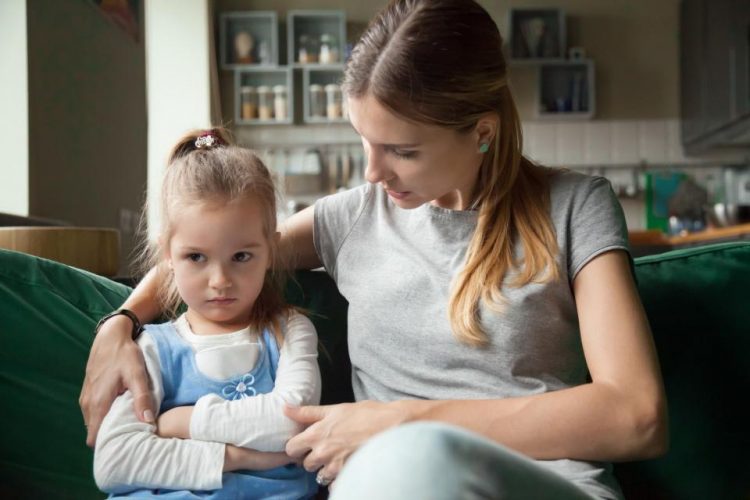Parents are very assertive when it comes to them making their kids apologize to their sibling or an adult but when parents mess up with their kids, they resist apologizing. The justification given is that it may make the kid lose respect for the parent but that is just the way of avoiding owning up to one’s mistakes. The truth is that parents feel uncomfortable in apologizing to their kid and that’s why parents avoid apologies.
So when should you apologize to your kid and what should you say?
1. Apologize easily and often
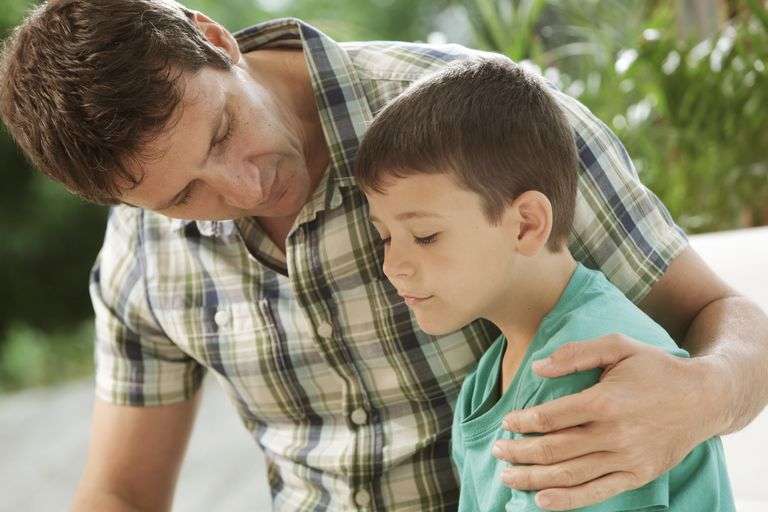
Small moments like when you interrupt them as they are doing some work are perfect for apologies. Add a little Oops to lighten the situation like “Oops! Sorry I interrupted you.”
But do not apologize for parenting. When you are setting the limits for your kids, your kid might loose their temper but that is the time to be assertive. Yet, when you do lose your temper or cannot control your emotions and yell at your child, apologise afterwards. Clearly tell them why you are apologizing.
2. If your child thinks it’s a big deal but you mess up

As parents, we sometimes do not acknowledge the feelings of our kids when it comes to thing that are small for us but might be a big deal for them. If your child is really looking forward to something but it skips your mind, apologize.
3. Describe what happened
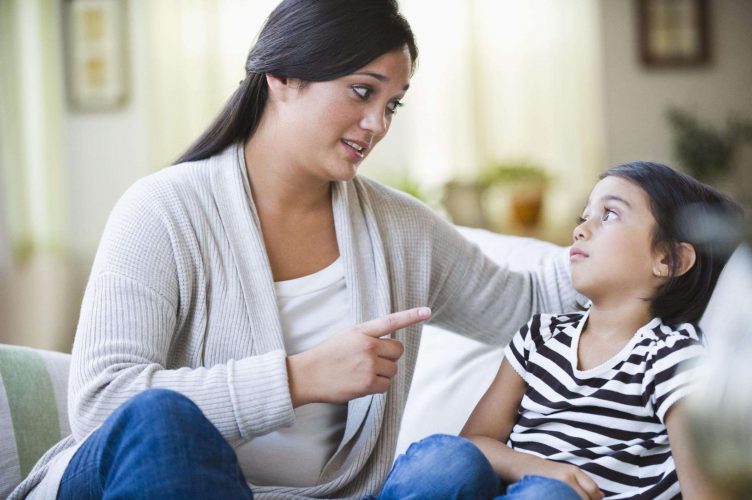
Be descriptive in your apology and do not just apologize for the sake of apologizing. Be sure that your apology has the necessary impact on your child i.e. realizing what is the importance of apologizing properly.
4. Resist the urge to put blame elsewhere
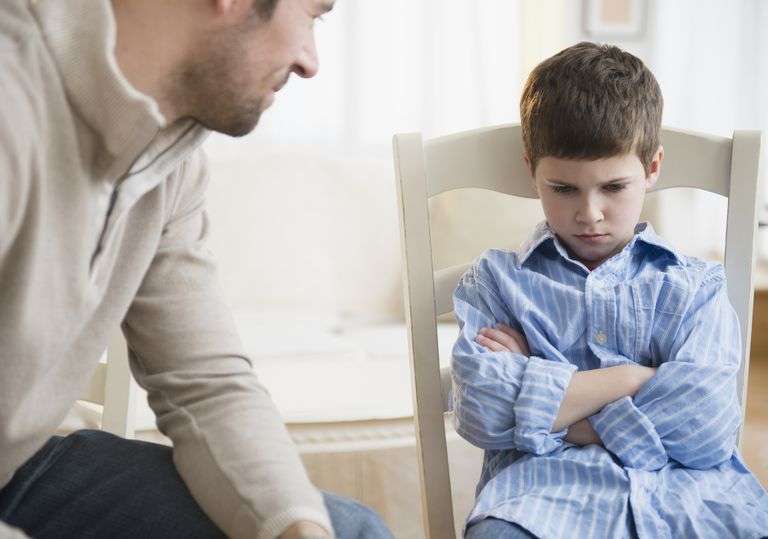
Sure I yelled at you, but you deserved it. Nope, do not do this. Many of us begin by apologizing but end up putting the blame on the child. That is not the right way. Two wrongs do not make a right. If your kid did something bad, you are not supposed to do something equally bad to punish them. But if you did end up making a mistake, it is for you to not make excuses and apologize properly so your kid can learn to not throw the blame around and apologize for their actions too.
5. Don’t justify yourself with excuses
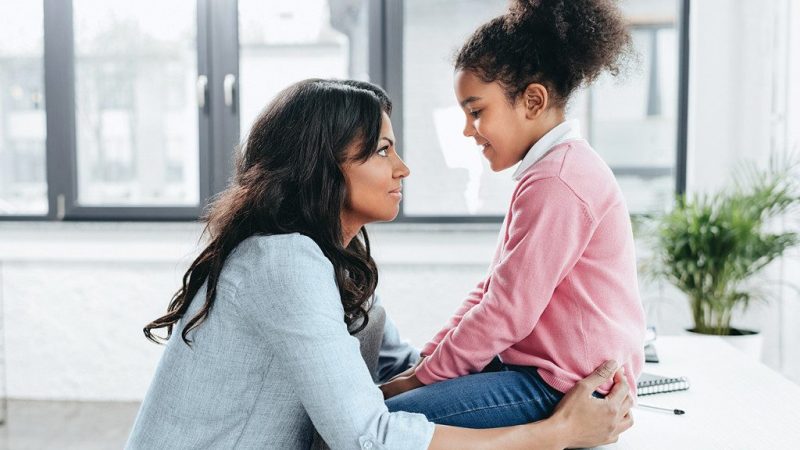
If you have reasons for your bad behaviour, explain the reasons without excusing yourself. Instead of saying “You won’t understand how hard it is working all day and then coming home to your kids fighting” say, “I was having a hard day at work so when I got home I got frustrated. I am sorry, you did not deserve to be yelled at like that.”

